Journal Boards
Editor-in Chief
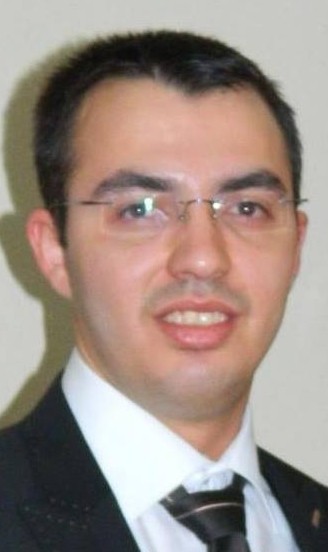
 Türkiye
Web
Türkiye
Web
Section Editor
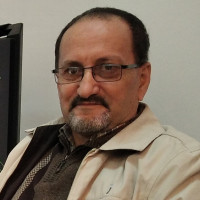
 Algeria
Web
Algeria
Web
Lotfi BELKHIRI was born in 1966 (Constantine, Algeria) and obtained his DSc degree in theoretical chemistry in 2005 under the supervision of Professor Abdou Boucekkine (Rennes 1, France). He is currently full Professor of Theoretical Chemistry at the faculty of Sciences of Mentouri University of Constantine 1 and Head of the Theoretical & Computational Chemistry (TCC) Team within the Laboratory of Mathematics, Physics, and Subatomic LPMS. He is also an associate professor at the Research Center on Pharmaceutical Sciences (CRSP) of Constantine and Supervisor of the In Silico Drug Design Group. His main field of research is the study of the electronic structure and physicochemical properties of heavy metals and f-element-containing organometallic systems using relativistic DFT techniques. His group is also dealing with the bioactivity and biopharmaceutical properties of molecules (potent drugs), study explored by using the Computed Aided Drug Design (CADD) tools i.e., QSAR, Molecular Docking, and ADMET models. Professor Lotfi Belkhiri has been master’s and Doctorate’s training coordinator in Theoretical & Computational Chemistry from 2013-2019 at the UMC and was mentor of several doctoral works, Magisters and Masters In computational organoactinides chemistry and coauthor of 35 international publications and two book chapter and review, as well as a lecturer in scientific conferences. He was a supervisor of two European projects and head of 7 national research projects (CNEPRU-PNR-PRFU) from 2003–2023. He is currently a reviewer for several international journal like Inorganic Chemistry (ACS), J. Molecular Modelling (Springer), and Guest-Editor of Special Issue “Magneto-Structural Correlation” of Magnetochemistry MDPI.
Pr. Lotfi Belkhiri participates actively in various scientific meetings, conferences, chair and Spring School on In Silico Drug Design, and the promotion of the Algerian Theoretical & Computational Chemistry Network.
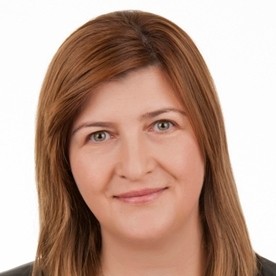
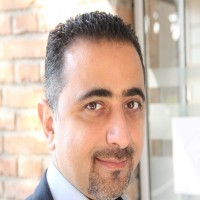


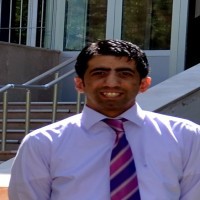
 Türkiye
Türkiye
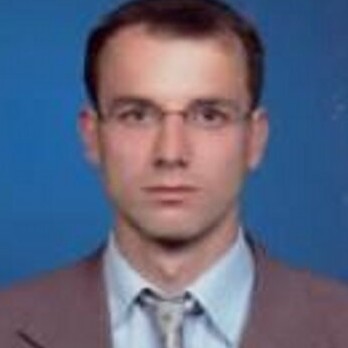
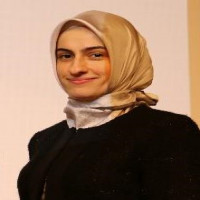
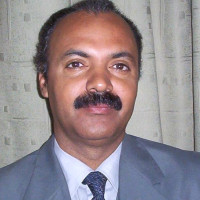
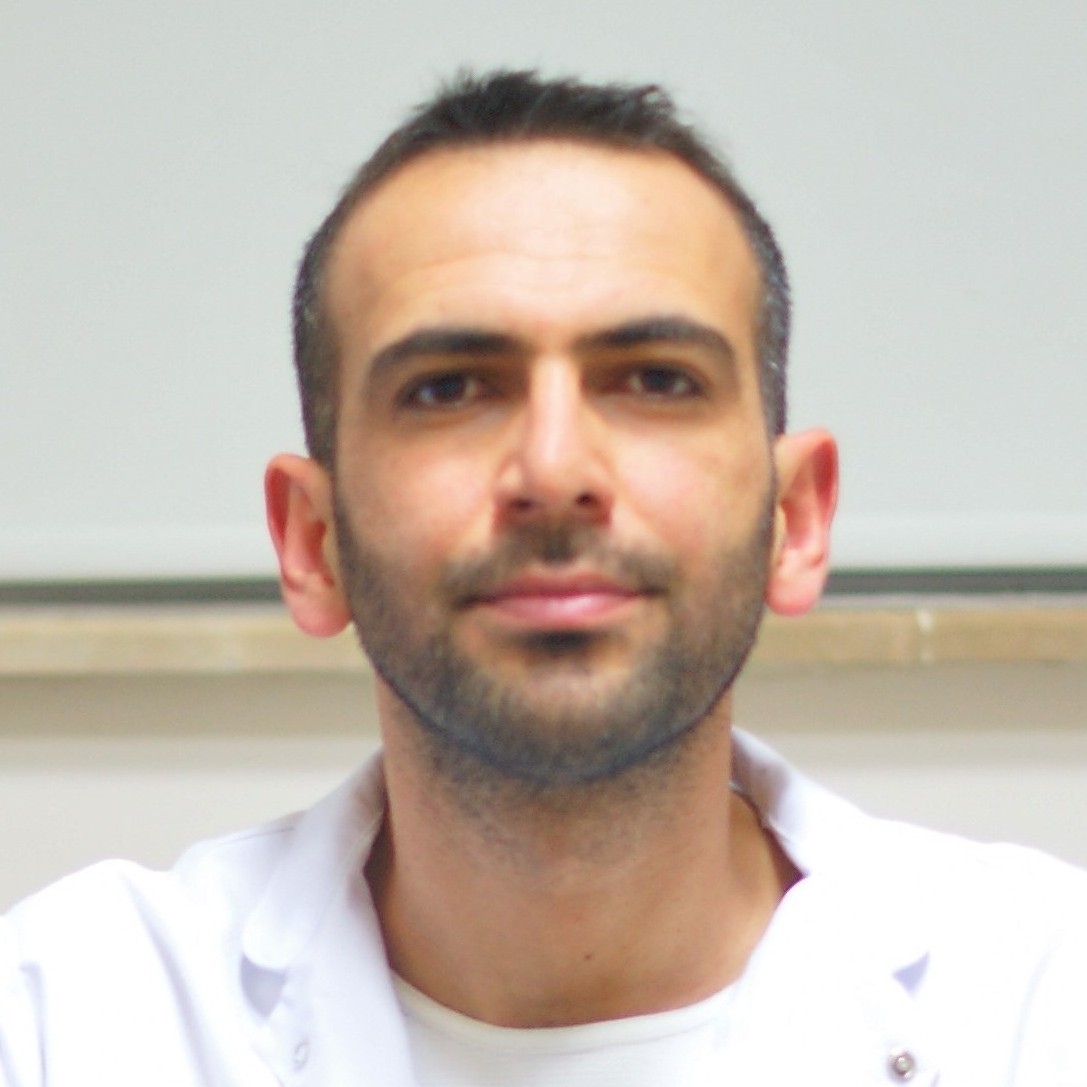
I am working in the groups of Prof. Niyazi Bulut in the area of theoretical/computational Physical Chemistry of small gas phase molecules. My research involves state-of-the-art electronic structure calculations of potential energy surfaces (PESs) for various atom/molecule complexes that contain radicals. My developed PESs are then used in quantum scattering calculations of relevance in molecular spectroscopy, cold-atom collisions, and astrophysical chemistry.


 Bangladesh
Web
Bangladesh
Web
Ajoy Kumer is a highly esteemed, globally recognized, and multidisciplinary Iconic Scientist, Next Wave of Innovator even Inventor, Collaborative Research Leader, and Educationalist, with exceptional expertise spanning Organic Synthetic Chemistry, Medicinal Chemistry, Computational Chemistry, Computational Biology, Computer-Aided Drug Design (CADD), Computational Materials Science, and Computational Nanomaterials, besides the synthetic technique of Ionic Liquids.
He has been working as Professor (Assistant) for Chemistry in IUBAT-International University of Business Agriculture and Technology from August 2023 to continue. In recognition of his expertise, he is also invited and rewarded to the position in international platform: an Honorary Assistant Professor in the Novel Global Community Education Foundation (NGCEF) in Australia; Distinguished Faculty, Saveetha Medical College and Hospitals, Saveetha Institute of Medical and Technical Sciences, India; Visiting Scientist, Center for Nanotechnology, Coppin State University, USA; Section Editor, Turkish Computational and Theoretical Chemistry, (Q3) - DergiPark, Turkey, besides an associate editor for rewarded journal, and a reviewer in numerous international ISI or Scopus indexed journals.
In his professional journey, he also gained valuable experience in the industry, working as an Assistant Executive at SGS Bangladesh Ltd. He had been serving to the holding of positions- Lecturer, Senior Lecturer and Assistant Professor- in European University of Bangladesh from 2016 to July 2023.
During his MS and MPhil degrees, he experienced the expertise on synthetic techniques on Ionic Liquid, its purification, and biological uses as potential inhibitor. Moreover, he confronted computational study on ionic liquids having a good number of research articles in reputed journals.
During his tenure at his current working station, he established the Laboratory of Computational Research for Drug Design and Material Science, equipped with over 17 simulation software. Over the past six years, he published an impressive over 100 original research articles and 06 patents. Additionally, he had been conducting many national and international workshops on CADD as a trainer.
For his social contributions, he has been working as Director (Research) to the Scientific Foundation for Cancer Research, Bangladesh.
In his leisure time, he indulges in his hobbies, which include train travel accompanied by reading books or novels. He also enjoys fishing and visiting agricultural crops in the countryside.
Overall, his outstanding achievements and multifaceted contributions reflect his dedication and passion in both academic and societal endeavors.
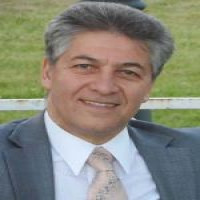
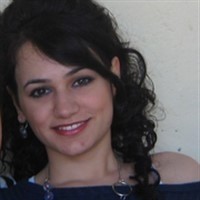
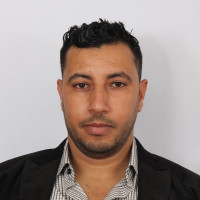
Dr. RAFIK Abdellatif was born in Sidi Bennour City, Morocco. He received his Ph.D. in Physical Chemistry of Materials from Ibn Tofail University in Morocco. He has published more than 19 papers in international journals indexed by Scopus. Also, his primary research interests lie in the field of chemistry, with a particular focus on synthesizing chemistry and growing crystals using various techniques. Currently, he is exploring the utilization of quantum chemical methods such as density functional theory (DFT) and HF for the optimization of geometry. My areas of skill are: synthesis and characterization of single crystals; application of hybrid phosphates by biological means; docking molecular; and investigating by dielectric.
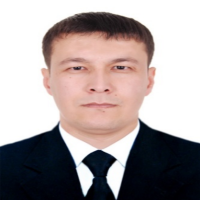
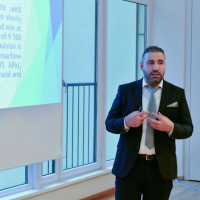
Dr. Hany Akeel Al-Hussaniy, Ph.D., is a leading pharmacologist and the Head of the Iraqi Medical Research Center. He also serves as a senior lecturer at the College of Pharmacy, University of Baghdad, Iraq. Renowned for his prolific contributions to medical science, Dr. Al-Hussaniy has authored over 40 articles indexed in Scopus, with a current h-index of 13, reflecting the significant impact of his research on the global academic community.
His areas of expertise include neuropharmacology, hepatology, and metabolic disorders. He has made notable contributions to understanding the therapeutic potential of compounds like memantine in neurodegenerative diseases, including Alzheimer's and Parkinson's. Additionally, his work on obesity, non-alcoholic fatty liver disease, and the hepatoprotective effects of natural agents has received international recognition.
Dr. Al-Hussaniy is also an editorial board member for four international journals, where he plays a key role in shaping research directions in pharmacology and medicine. His leadership and mentorship have advanced the careers of numerous young researchers, while his guidance at the Iraqi Medical Research Center underscores his dedication to improving healthcare outcomes in Iraq and beyond.
Journal Full Title: Turkish Computational and Theoretical Chemistry
Journal Abbreviated Title: Turkish Comp Theo Chem (TC&TC)
